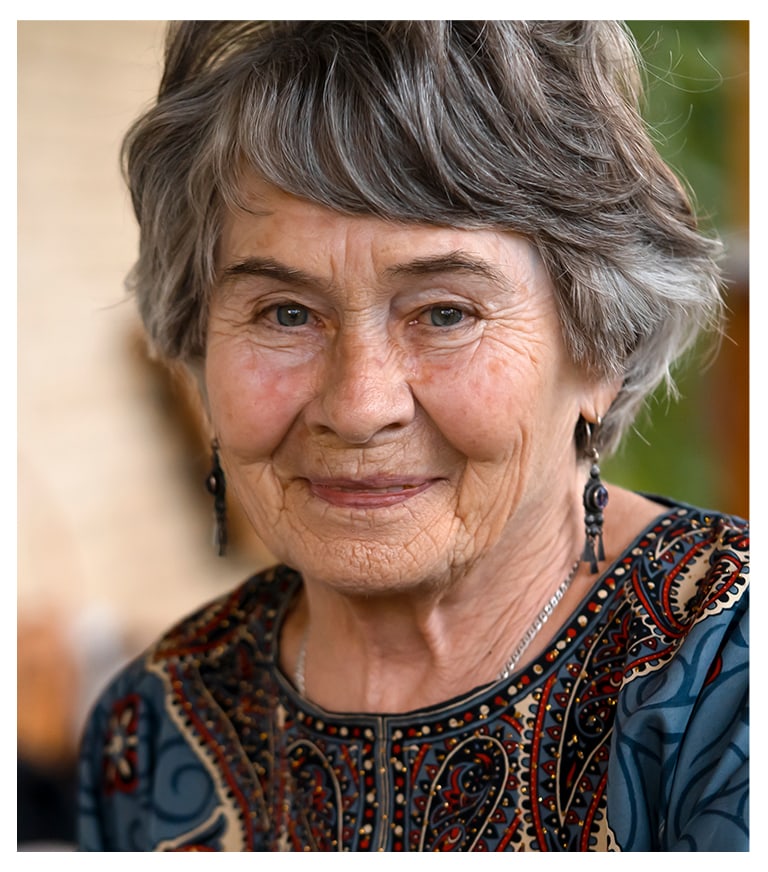At The Grande at Creve Coeur, we understand the challenges families face when a parent receives a dementia diagnosis. Watching a parent lose some independence can be a difficult journey.
As the disease progresses, it may become necessary to consider legal options to ensure their well-being. One such option is obtaining guardianship.
What Is Legal Guardianship?
In Missouri, guardianship is a legal process where the court appoints someone (a guardian) to make decisions on behalf of an adult (a ward) deemed unable to manage their affairs due to incapacity.
Because guardianship limits a person’s legal rights and removes their ability to make their own decisions, it is not a quick fix and should only be considered after exploring all other options.
Alternatives to Guardianship
The state of Missouri emphasizes finding the least restrictive option to support a person with dementia. Here are some alternatives to consider:
- Power of attorney: A POA is a legal document that allows others to make decisions on a person’s behalf. Different types allow immediate or temporary power and can be used as an alternative to guardianship.
- Supported decision-making: This is a structured process for helping those with dementia make decisions with help from others. This process has been shown to help people stay independent and active for longer. Supported decision-making can be informal by asking a friend, family member, or trusted individual for advice or by a formal agreement that explicitly states who the trusted individuals are.
- Limited guardianship: This appointment is similar to guardianship, but the individual retains some of their rights, such as the right to drive, vote, or get married.
When to Consider Guardianship
Guardianship may be necessary if the above alternatives are not sufficient to ensure your parent’s safety, well-being, and proper care. Here are some signs that guardianship might be needed:
- Your parent is unable to manage their finances or pay bills.
- They are at risk of being scammed or exploited financially.
- They can’t make safe decisions about their medical care or living situation.
- They are a danger to themselves or others.
The Guardianship Process
The guardianship process can be complex, so it’s crucial to consult with an elder law attorney specializing in Missouri guardianship laws. However, here is a simplified overview:
- Consult an attorney: Discuss your situation and explore all options, including alternatives to guardianship.
- Gather documentation: Collect medical records, financial statements, and any existing legal documents (like a power of attorney).
- Petition the probate court: Your attorney will file a petition with the local probate court requesting guardianship.
- Court evaluation: The court may order a professional evaluation to assess your parent’s mental capacity.
- Court hearing: A judge will hear arguments for and against guardianship and decide if it’s necessary.
- Court decision: If guardianship is granted, the court will define the scope of your authority as a guardian.
Ending or Changing a Guardianship
Missouri law provides options for individuals under guardianship to regain their rights or modify the guardianship arrangement.
Ending the Guardianship
A guardianship can end if a court determines that the person under guardianship (the ward) can now make their own decisions. This might happen due to improved health, increased decision-making skills, or other relevant factors. To end a guardianship, a petition must be filed with the court, often supported by medical evidence and statements from the ward, the guardian, or other involved parties.
Changing the Guardianship
There are several ways a guardianship can change:
- Changing the guardian: If the current guardian is unable or unwilling to fulfill their duties, or if they are making harmful decisions, a court can appoint a new guardian.
- Increasing the ward’s rights: A guardianship can be modified to grant the ward more independence.
- Converting to a limited guardianship: In some cases, a full guardianship can be changed to a limited guardianship, which grants the ward more autonomy in specific areas of their life.
Where to Find Help
The decision to pursue guardianship can be emotionally challenging. Here are some resources to help you navigate this journey:
- The Missouri Family-to-Family Health and Disability Information Center is a free statewide resource center that provides information on guardianship and other support options.
- Alzheimer’s Association offers educational materials, support groups, and other resources for families facing dementia.
- The Missouri Bar Lawyer Referral Service can connect you with elder law experts in your area.
- Legal Aid of Western Missouri provides free civil (non-criminal) legal assistance to people who need it most and can afford it least.
The Grande at Creve Coeur Can Help
While we can’t provide legal advice, our compassionate team is here to support you and your family. We deeply know the challenges of caring for a loved one with dementia.
Our Lilac Trace Memory Care neighborhood is specially designed to care for those with dementia, Alzheimer’s, and other cognitive conditions. We provide a safe and supportive environment and programs that promote independence and quality of life. Lilac Trace Memory Care is led by dementia-trained caregivers who create personalized care plans that support your loved one’s individuality and well-being.You are not alone in this journey. Call us today at The Grande at Creve Coeur to learn how we can support your family or to schedule a tour of our Lilac Trace Memory Care neighborhood.









